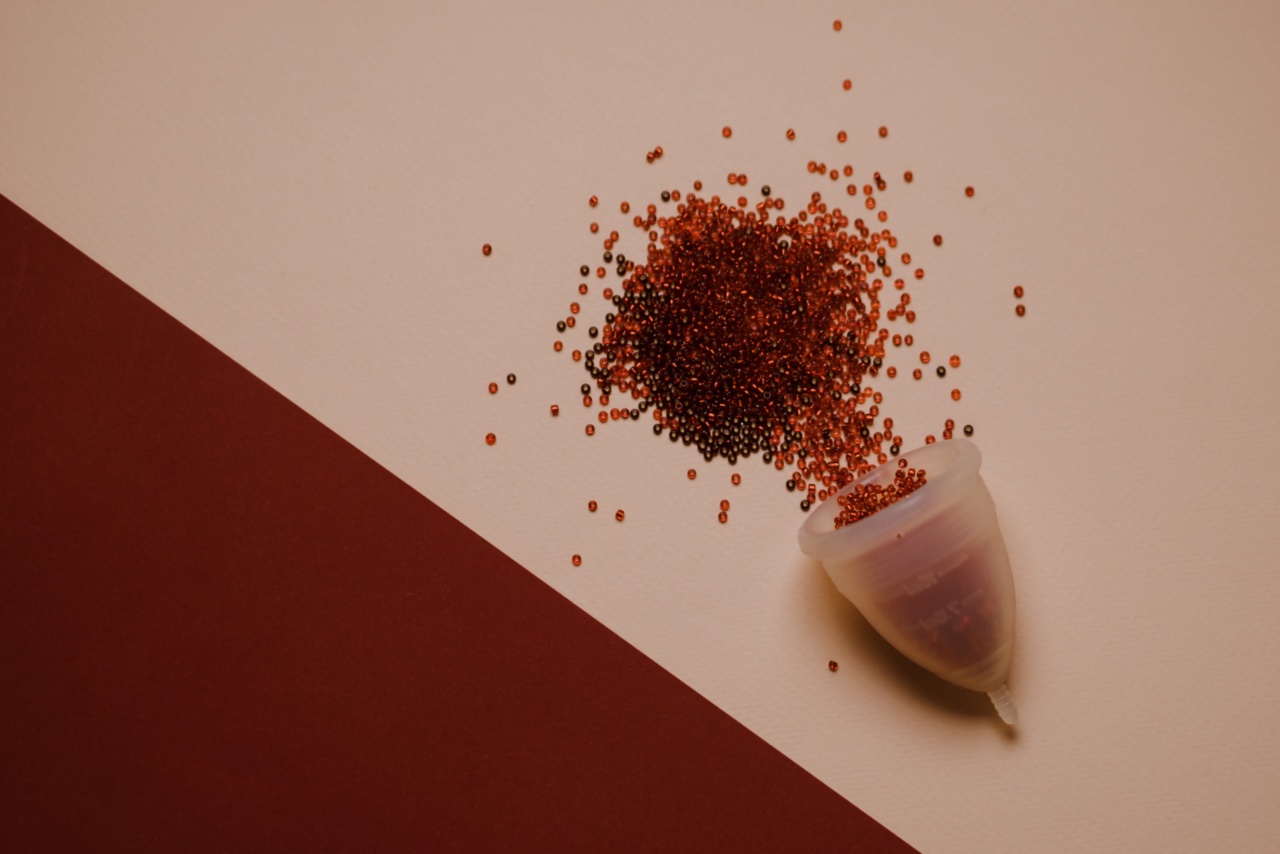Menstrual bleeding is a natural process experienced by women of reproductive age. The amount of bleeding, or menstrual flow, can vary from woman to woman. Some women may experience heavy menstrual bleeding, also known as menorrhagia.
Heavy menstrual bleeding can be alarming and worrisome, and you should not ignore any red flags that indicate something might be wrong. Here are some of the red flags you should watch out for.
Excessive Blood Loss
If you are soaking through a pad or tampon every hour for several hours, this is an indication that you are experiencing excessive blood loss. This amount of blood loss is not normal and needs to be addressed by a healthcare provider.
Excessive blood loss can lead to anemia, which can cause fatigue, weakness, and shortness of breath.
Longer Than Normal Menstrual Period
If your period lasts longer than seven days, this is an indication that you are experiencing a longer than normal menstrual period.
You should talk to your healthcare provider about this, as it could be an indicator of an underlying medical condition, such as uterine fibroids or endometriosis.
Blood Clots
If you are passing blood clots that are larger than the size of a quarter, this is an indication of heavy menstrual bleeding. Blood clots are formed when the body is trying to stop the bleeding.
However, if you are passing large clots, it could be a sign of an underlying medical condition, such as polyps or adenomyosis.
Need to Change Pads or Tampons During the Night
If you need to change your pad or tampon during the night, this is an indication that you are experiencing heavy menstrual bleeding.
You should talk to your healthcare provider about this, as it could be an indicator of an underlying medical condition, such as anemia, thyroid disease, or hormonal imbalances.
Heavy Bleeding Between Periods
If you are experiencing heavy bleeding between periods, this is an indication of heavy menstrual bleeding.
You should talk to your healthcare provider about this, as it could be an indicator of an underlying medical condition, such as a hormonal imbalance, cervical polyps, or pelvic inflammatory disease.
Menstrual Cramps That Are Worsening
If you experience menstrual cramps that are getting worse, this is an indication that there might be an underlying medical condition causing the heavy menstrual bleeding.
You should talk to your healthcare provider about this, as it could be an indicator of an underlying medical condition, such as fibroids, endometriosis, or adenomyosis.
Anemia Symptoms
Heavy menstrual bleeding can lead to anemia, which can cause symptoms such as fatigue, weakness, shortness of breath, and headaches.
These symptoms should be taken seriously and should prompt you to speak to your healthcare provider about your heavy menstrual bleeding.
Difficulty Performing Daily Activities
Heavy menstrual bleeding can make it difficult for you to perform your daily activities.
If you find that you are missing work, school, or other important events because of your heavy menstrual bleeding, this is an indication that there might be an underlying medical condition causing the heavy menstrual bleeding.
Requiring Double Protection
If you find that you need to use double protection, such as a pad and a tampon, this is an indication that you are experiencing heavy menstrual bleeding.
You should talk to your healthcare provider about this, as it could be an indicator of an underlying medical condition, such as endometriosis or uterine fibroids.
Non-Responsive to Medication
If you are taking medication for your heavy menstrual bleeding, but you do not see any improvement, this is an indication that there might be an underlying medical condition causing the heavy menstrual bleeding.
You should talk to your healthcare provider about this, as they might need to run some tests to identify what is causing the heavy menstrual bleeding.




























